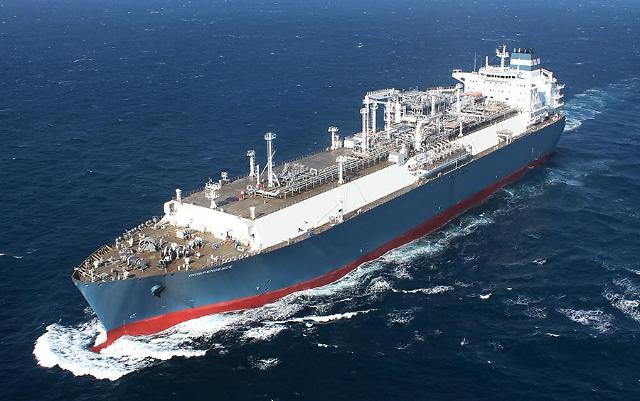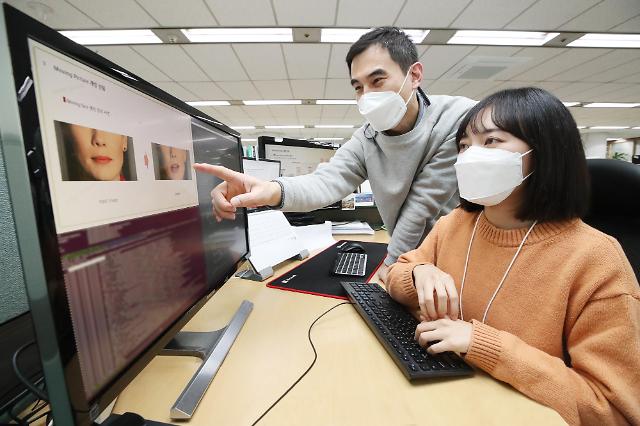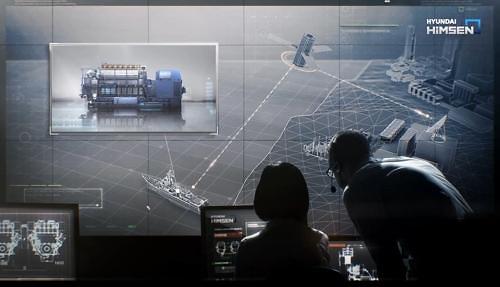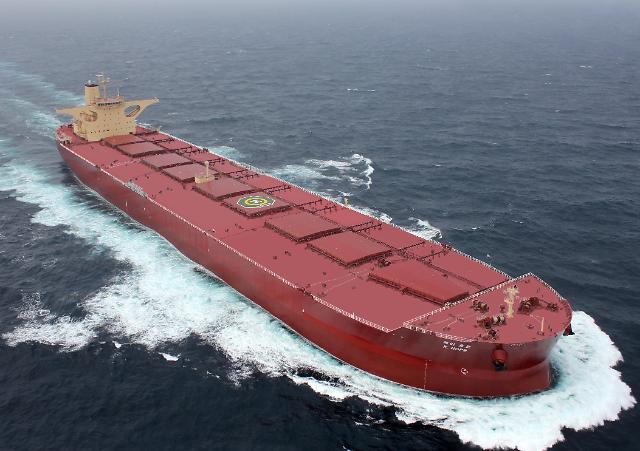
[Courtesy of Hyundai Heavy Industries]
Korea Shipbuilding & Offshore Engineering (KSOE), the holding company of the shipbuilding group, said that its commission solution for liquefied natural gas (LNG) carriers received Lloyd's Register's approval in principle. The solution is based on an intelligent digital twin ship platform.
A digital twin is a virtual clone of an object or an infrastructure. Researchers use digital twins as testing grounds for new technologies or other elements to see what kinds of results they might bring without causing an irreversible effect in real life. If the virtual clone is destroyed or mangled beyond repair, a new model can be recreated.
The solution can reduce the cost of commissioning LNG carriers by up to 30 percent, KSOE said, adding it is the world's first case of applying digital twin technology to a ship-wide system. The shipbuilding group vowed to step up the development of smart ship technologies.
The International Maritime Organization (IMO), a U.N. maritime safety agency, has adopted mandatory energy-efficiency measures to reduce emissions of greenhouse gases from ships. South Korean shipbuilders work hard to develop smart ship technologies as tightened international regulations will increase the preference for digital total solutions that support efficient navigation systems.
In April 2020, the Hyundai shipyard applied an advanced navigation support system to a 250,000-ton bulk carrier. The system automatically recognizes surrounding vessels through camera analysis to determine and alert the risk of collision based on augmented reality. Even when visibility is not secured at night or by sea fog, infrared cameras comprehensively analyze and provide information such as the location and speed of obstacles.
Copyright ⓒ Aju Press All rights reserved.




View more comments